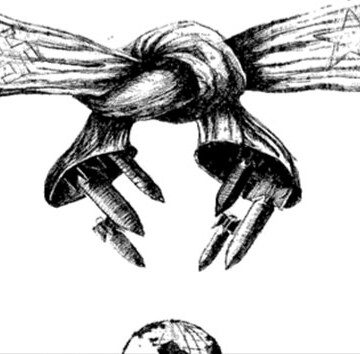Not long after the conviction of Alger Hiss, Professor James Burnham, Karl Hess, and I met in my apartment on Riverside Drive to discuss a matter that had concerned us for some time. Jim Burnham was then working on his book The Web of Subversion. Karl, like me, was a Newsweek editor, and he had...
Author: Ralph De Toledano (Ralph De Toledano)
John O’Hara and American Conservatism
In 1941, Edmund Wilson published a small book of pieces about several contemporary writers, tied together under the tide, The Boys in the Back Room. It was a typical Wilsonian production—insightful, wrongheaded, and regal—synthesizing as “Hollywood writers” James M. Cain, William Saroyan, John Steinbeck, and others now forgotten, along with John O’Hara. That this linkage...
Remembering Casals
Talking to musicians or composers has its values, but it seldom adds much to what we know of music. Mozart’s letters to his father give you a few insights into the creative process, but Beethoven’s are merely a peep into his psyche. Of all the composers who have written about their work and that of...
Conrad Aiken
I was to meet Cap Pearce at his office at 12:30, for discussion of a book contract and for one of our lunches at a small Italian restaurant in the East Thirties where the veal scallopini was well pounded and the wine muscular. But Cap called and said, “Come early. Conrad Aiken will be here...
Erato in the Throes
“The future of poetry is immense, because in poetry, where it is worthy of its high destinies, our race, as time goes on, will find an ever surer and surer stay. . . . Our religion . . . has attached its emotion to the fact, and now the fact is failing. Poetry attaches its...
The Russo-German Symbiosis in the First and Second World Wars
With the collapse of the Soviet Union and the retreat of Leninist forces within the empire, hosannas have rung out in the Western world. “The Cold War is over, the Cold War is over,” the leaders of the West have exclaimed, and demands to turn swords into knitting needles have filled the air. At every...
James Branch Cabell
In a 1956 essay, Edmund Wilson wrote: “Cabell is out of fashion.” Withdrawing his dismissal of James Branch Cabell, Wilson gave him a critical accolade—and his generosity was praiseworthy. For by 1956, Cabell was not only out of fashion but virtually forgotten, though he was not alone in this. Most of his contemporaries, more or...
Professor Burnham, Mafioso Costello, and Me
Not long after the conviction of Alger Hiss, Professor James Burnham, Karl Hess, and I met in my apartment on Riverside Drive to discuss a matter that had concerned us for some time. Jim Burnham was then working on his book The Web of Subversion. Karl, like me, was a Newsweek editor, and he had...
My Aunt & Unamuno
In the summer of 1929, my aunt Zarita Nahon, a philologist and teacher of languages, traveled from Biarritz to Hendaye, en route to Tangier to collect the medieval Spanish balladry, lost in Spain but still extant in the coastal cities of Morocco, for the anthropologist Franz Boas. She was making a detour to visit Miguel...



